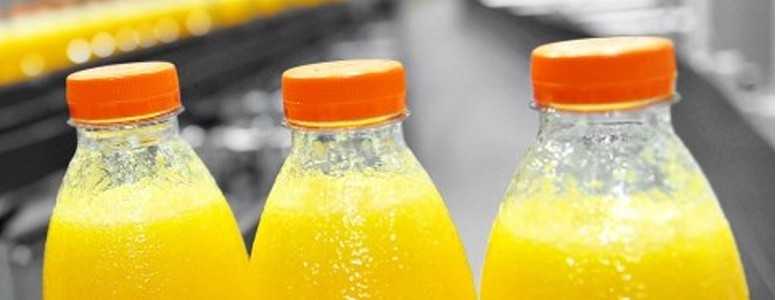New research shows that people who regularly consume sugary drinks (including fruit juice) and diet drinks had a greater risk of developing type 2 diabetes.
The way the study was run means that it can only show an association between people who drank these drinks regularly and risk of type 2 diabetes. The study cannot indicate whether these types of drink cause the condition.
The study used diet data from two long-running studies that record lifestyle information from healthcare professionals in the US. More than 192,000 people were included within the analysis. The healthcare professionals filled out food questionnaires every four years and their health was monitored through their health records.
The findings showed that each half-serving increase in consumption of sugary drinks (including fruit juice) was associated with a 16% increase in risk of developing type 2 diabetes in the next four years.
The related increase in risk of type 2 diabetes, over the same time-period, for each half-serving increase in consumption of artificially sweetened beverages was 18%.
The substitution of one daily serving of a sugary drink with water, coffee or tea was associated with between a 2 and 10% lower risk of developing type 2 diabetes.
First author Jean-Philippe Drouin-Chartier, a postdoctoral fellow at Harvard University, said: “The study provides further evidence demonstrating the health benefits associated with decreasing sugary beverage consumption and replacing these drinks with healthier alternatives like water, coffee, or tea.”
The type of study is a cohort study that allows researchers to spot trends in disease and health conditions. In the case of this study, it highlights that people, in this case healthcare professionals, who were having more sugary drinks, more fruit juice or more artificially sweetened drinks had a higher risk of developing type 2 diabetes.
Results of the study can ask the question of why people who drink these drinks are at higher risk. Are any of these types of drinks a factor in causing diabetes or is it that the people who drink certain types of beverage are more likely to have factors, including lifestyle factors, that make them more likely to develop type 2 diabetes?
The study can ask these questions but cannot answer them. Studies run in a different way would be needed to investigate why these drinks types are linked with greater risk of type 2 diabetes.
The findings have been published in the Diabetes Care journal.





